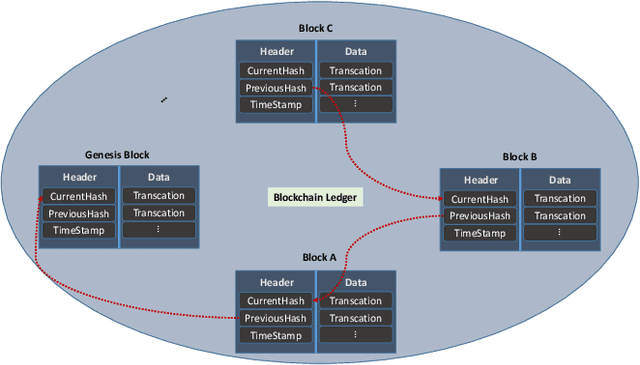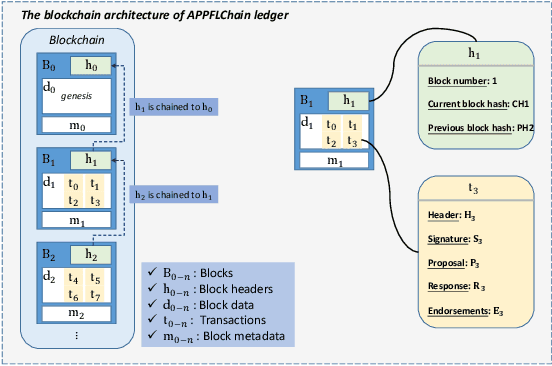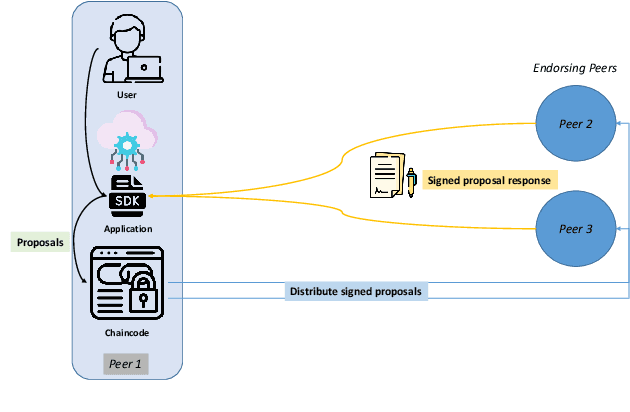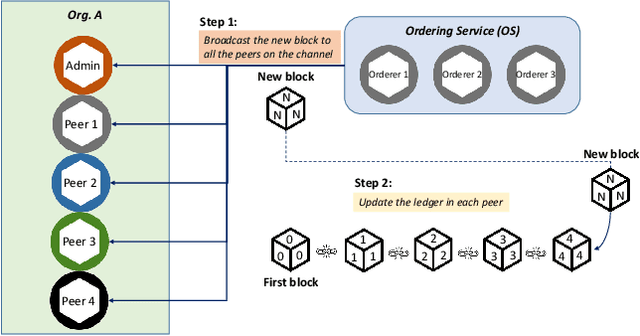Hsiao-Chun Wu
Few-Shot Specific Emitter Identification via Deep Metric Ensemble Learning
Jul 14, 2022



Abstract:Specific emitter identification (SEI) is a highly potential technology for physical layer authentication that is one of the most critical supplement for the upper-layer authentication. SEI is based on radio frequency (RF) features from circuit difference, rather than cryptography. These features are inherent characteristic of hardware circuits, which difficult to counterfeit. Recently, various deep learning (DL)-based conventional SEI methods have been proposed, and achieved advanced performances. However, these methods are proposed for close-set scenarios with massive RF signal samples for training, and they generally have poor performance under the condition of limited training samples. Thus, we focus on few-shot SEI (FS-SEI) for aircraft identification via automatic dependent surveillance-broadcast (ADS-B) signals, and a novel FS-SEI method is proposed, based on deep metric ensemble learning (DMEL). Specifically, the proposed method consists of feature embedding and classification. The former is based on metric learning with complex-valued convolutional neural network (CVCNN) for extracting discriminative features with compact intra-category distance and separable inter-category distance, while the latter is realized by an ensemble classifier. Simulation results show that if the number of samples per category is more than 5, the average accuracy of our proposed method is higher than 98\%. Moreover, feature visualization demonstrates the advantages of our proposed method in both discriminability and generalization. The codes of this paper can be downloaded from GitHub(https://github.com/BeechburgPieStar/Few-Shot-Specific-Emitter-Identification-via-Deep-Metric-Ensemble-Learning)
APPFLChain: A Privacy Protection Distributed Artificial-Intelligence Architecture Based on Federated Learning and Consortium Blockchain
Jun 26, 2022



Abstract:Recent research in Internet of things has been widely applied for industrial practices, fostering the exponential growth of data and connected devices. Henceforth, data-driven AI models would be accessed by different parties through certain data-sharing policies. However, most of the current training procedures rely on the centralized data-collection strategy and a single computational server. However, such a centralized scheme may lead to many issues. Customer data stored in a centralized database may be tampered with so the provenance and authenticity of data cannot be justified. Once the aforementioned security concerns occur, the credibility of the trained AI models would be questionable and even unfavorable outcomes might be produced at the test stage. Lately, blockchain and AI, the two core technologies in Industry 4.0 and Web 3.0, have been explored to facilitate the decentralized AI training strategy. To serve on this very purpose, we propose a new system architecture called APPFLChain, namely an integrated architecture of a Hyperledger Fabric-based blockchain and a federated-learning paradigm. Our proposed new system allows different parties to jointly train AI models and their customers or stakeholders are connected by a consortium blockchain-based network. Our new system can maintain a high degree of security and privacy as users do not need to share sensitive personal information to the server. For numerical evaluation, we simulate a real-world scenario to illustrate the whole operational process of APPFLChain. Simulation results show that taking advantage of the characteristics of consortium blockchain and federated learning, APPFLChain can demonstrate favorable properties including untamperability, traceability, privacy protection, and reliable decision-making.
 Add to Chrome
Add to Chrome Add to Firefox
Add to Firefox Add to Edge
Add to Edge